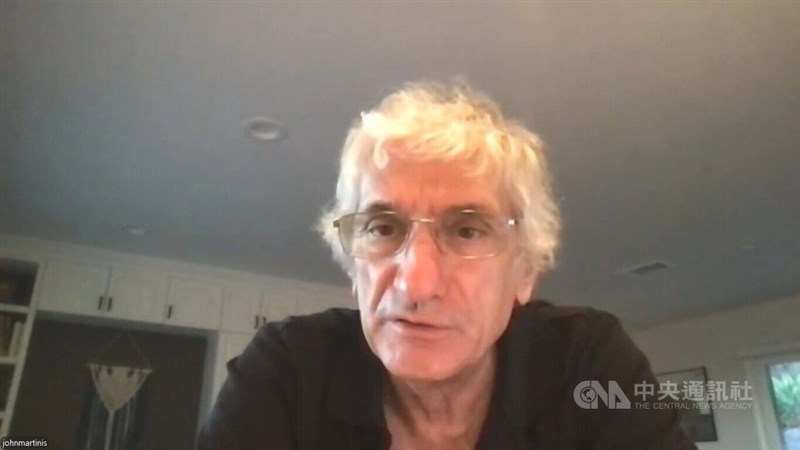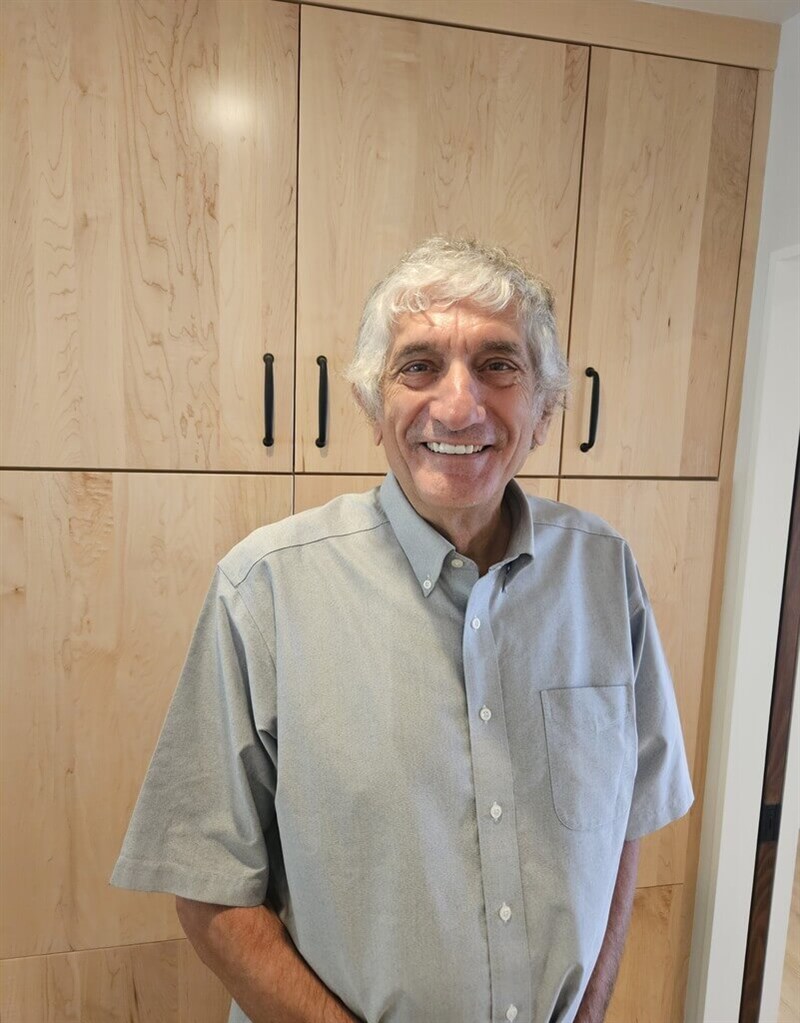
San Francisco, Oct. 7 (CNA) American scientist John Martinis, co-recipient of the 2025 Nobel Prize in Physics, recalled his experiences with Taiwan in an interview with CNA on Tuesday, saying Taiwan is a global manufacturing hub and its companies are highly successful.
Speaking to CNA via video call, Martinis, who has worked with the nation's top research institute Academia Sinica, said he truly believes that Taiwan, "being so expert at making semiconductor devices," holds a great advantage.
Martinis, along with U.S.-based scientists John Clarke and Michel Devoret, won the Nobel Prize for "experiments that revealed quantum physics in action," laying the foundation for the development of modern digital technologies and current efforts in quantum computing.

Martinis has served as an advisor to Academia Sinica's quantum program since leaving Google in 2020, Academia Sinica President James Liao (廖俊智) said during an online media event in Taipei on Tuesday, sharing his perspectives on the Nobel Prize announcement.
During the interview with CNA, Martinis said he received congratulations from Taiwan and has a special connection with the country.
Martinis said that Taiwan is highly skilled in fabrication and electronic devices and promotes scientific research while also focusing on practical, useful applications, adding that he is glad to assist Academia Sinica.
Taiwan and its companies are very successful and now have the resources to invest in basic science, providing a valuable bridge between practical applications and fundamental research, he said.
This approach is valuable as it allows students and young researchers to learn how to conduct fundamental science while keeping long-term practical applications in mind, he added.
(By Chang Hsin-yu and Shih Hsiu-chuan)
Enditem/AW
-
Politics
Taiwan to prioritize special defense budget in legal review: Legislative Speaker
02/16/2026 03:57 PM -
Society
TaiDoc union launches strike campaign, demands reinstatement of fired officials
02/16/2026 03:36 PM -
Business
King Liu, founder of Taiwan bicycle brand Giant, dies at 93
02/16/2026 03:15 PM -
Society
Suspect in parcel explosion detained, held incommunicado
02/16/2026 01:27 PM -
Culture
U.S., Japanese envoys showcase New Year dishes as Year of Horse approaches
02/16/2026 12:54 PM